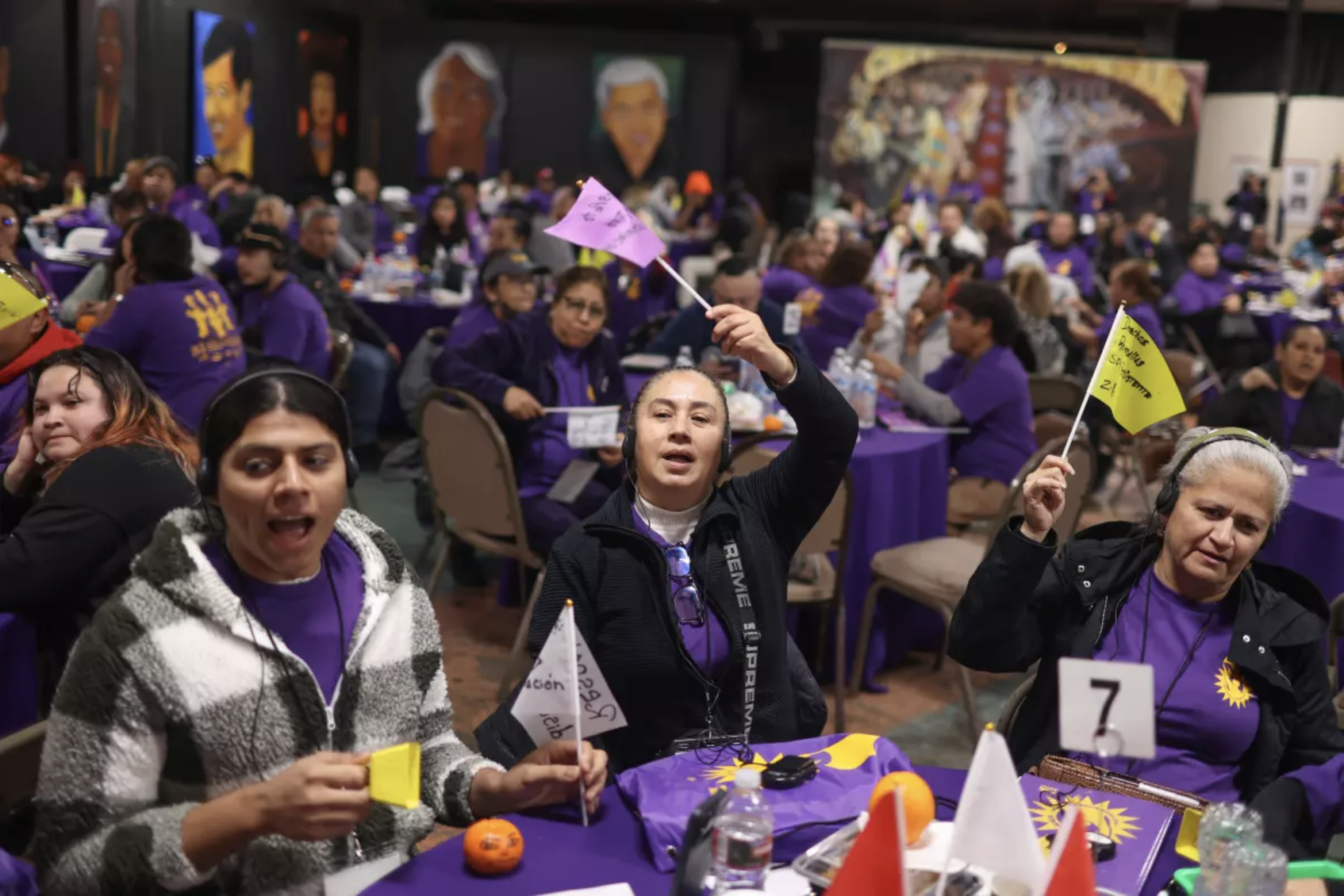
Gilbert Placeres is a student at Harvard Law School.
In today’s News & Commentary, the economic effects of California’s $20 fast food minimum wage, weak enforcement of the minimum wage in Florida, and a potential resurgence ahead for the Norris-LaGuardia Act.
The first study of the economic effects of California’s $20 minimum wage for fast food workers is in! A new working paper finds that the law increased the wages of fast food workers by 18%, only modestly increased prices (4% – about 15 cents for a $4 cheeseburger), and had no effects on employment. The study contradicts claims that higher minimum wages will destroy jobs and be fully passed on to consumers in the form of higher prices, though the authors here did find 62% of the increased costs were passed on to consumers.
Florida now has a $13 minimum wage, as the latest step in its voter-approved constitutional referenda raising it to $15 takes effect. However, what happens if an employer does not pay the minimum wage? While an employer can be sued privately or face federal or state fines, the state does not even have a labor department. The State Attorney General can take action to enforce minimum wage laws, but that virtually never happens. Further, the US. Department of Labor’s Wage and Hour Division is dealing with near-record low staffing capacity to enforcement minimum wage laws and can only recover up to the federal minimum wage of $7.25. Under weak enforcement, Florida finds itself a wage theft hotspot. As other state and local enforcement agencies recover multiple millions for their underpaid workers, the Florida case highlights the importance of strong policy enforcement.
At the Law and Political Economy blog, David Boehm and Lynn Ta, two trial attorneys at the National Labor Relations Board, revisit pre-National Labor Relations Act law protecting worker organizing. They argue that, in a time when labor law is under threat and unions take an increasingly active role in controversial political issues, the Norris-LaGuardia Act is poised to have a resurgent importance. They trace that Act’s origins – a response to a federal judiciary intransigently standing in the way of labor organizing – and its method – creating exceptions to the jurisdiction of lower federal courts, so they could not, for example, enjoin strikes, pickets, and boycotts. The Norris-LaGuardia act was based on a vision of “freedom of labor” which was not limited to economic matters or even to the employment relationship, such that it will help protect union efforts to achieve social or political goals going forward, they say.






Daily News & Commentary
Start your day with our roundup of the latest labor developments. See all
February 20
An analysis of the Board's decisions since regaining a quorum; 5th Circuit dissent criticizes Wright Line, Thryv.
February 19
Union membership increases slightly; Washington farmworker bill fails to make it out of committee; and unions in Argentina are on strike protesting President Milei’s labor reform bill.
February 18
A ruling against forced labor in CO prisons; business coalition lacks standing to challenge captive audience ban; labor unions to participate in rent strike in MN
February 17
San Francisco teachers’ strike ends; EEOC releases new guidance on telework; NFL must litigate discrimination and retaliation claims.
February 16
BLS releases jobs data; ILO hosts conference on child labor.
February 15
The Office of Personnel Management directs federal agencies to terminate their collective bargaining agreements, and Indian farmworkers engage in a one-day strike to protest a trade deal with the United States.